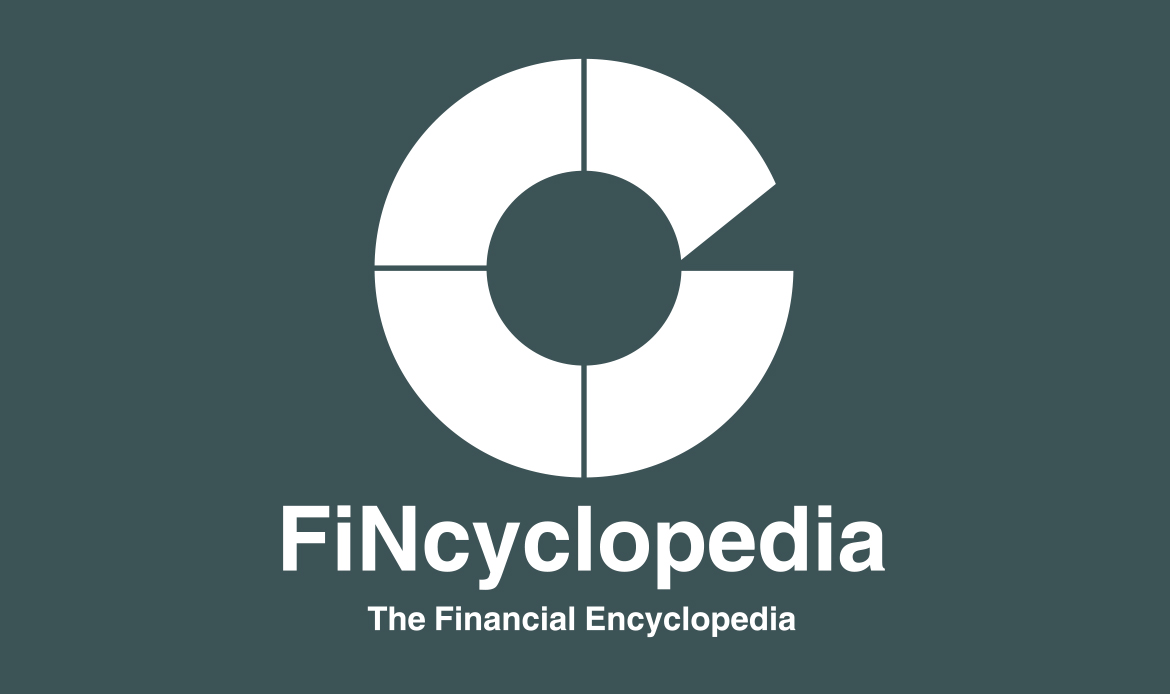A type of transformation whereby banks aim to mitigate the effect of information asymmetry in their relationship with their clients. This involves mitigation of both adverse selection and moral hazard: where in the former case, banks have information that are not available to their clients, or vice versa, about the products/ services being offered, while in the latter, one party gets exposed to a risky event realizing that it is protected against the risk as the other party will be bearing the associated costs.
Adverse selection occurs when bad credit risks (clients or firms which have high inherent risks and very limited opportunities for placing/ investing their funds) become more probable to acquire loans than good credit risks (clients and firms with better opportunities and less inherent risks). Lack of information means that banks will end up adversely selecting their clients.
Moral hazard exposes banks to risks unaccounted for: they end up having higher levels of risk without being compensated for such risk-taking.





